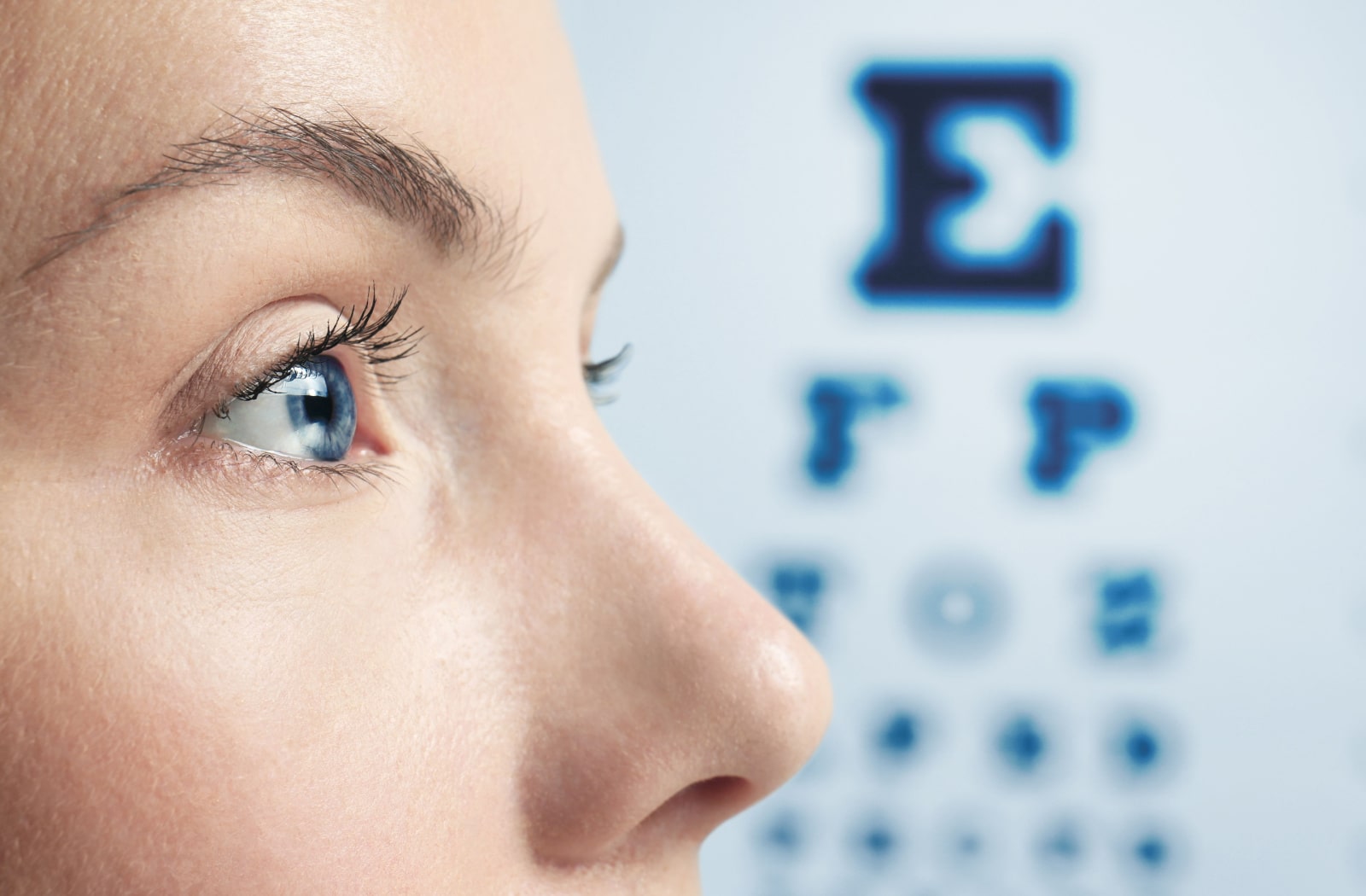All Categories
Featured
Table of Contents

Regular eye evaluations are necessary for maintaining good vision and detecting possible eye health concerns early. The regularity of these exams can differ considerably based on an individual's age, way of living, and overall health and wellness. Understanding the recommended timetable for eye exams can help ensure that people of any ages obtain appropriate treatment and surveillance for their eye wellness.
Infants and Toddlers (0-2 Years)
For toddlers and babies, eye tests are critical for detecting any kind of possible vision problems beforehand. The American Academy of Ophthalmology recommends that a youngster's first eye test should happen at around six months of age. During this first go to, the eye care expert will certainly assess the youngster's aesthetic development and look for any noticeable eye problems.Following this initial test, it is advised that kids have one more eye exam at age three. This visit will concentrate on analyzing the youngster's total aesthetic function, consisting of eye placement and the ability to track items. If no issues are identified, the next examination should be arranged before the kid starts institution, usually around age five or 6.
School-Aged Children (6-18 Years)
Regular eye tests should be arranged every one to 2 years as soon as children reach institution age. Vision is crucial for discovering and development, and numerous institutions conduct vision screenings. These screenings do not change a thorough eye examination by an eye care specialist.For youngsters entailed in sporting activities or tasks requiring significant visual emphasis, annual eye tests might be a good idea. Additionally, if a child displays indicators of vision issues-- such as difficulty reading, scrunching up your eyes, or regular migraines-- a visit to the eye doctor need to be scheduled immediately.
Young Person (19-39 Years)
Young person commonly have fewer vision modifications than older age groups, but regular eye tests stay vital. The basic suggestion is to set up an eye exam every 2 years during this period. However, individuals with specific risk factors-- such as a family history of eye illness, diabetes mellitus, or those that wear call lenses-- must consider yearly eye examinations.Additionally, those that spend substantial time on digital gadgets might experience electronic eye pressure. If symptoms such as dryness, tiredness, or obscured vision take place, it may be wise to see an eye care specialist earlier.
Grownups (40-64 Years)
Adults aged 40 to 64 need to set up eye examinations every one to 2 years. Eye examinations can likewise aid identify other common age-related conditions such as glaucoma, cataracts, and macular degeneration.If individuals in this age group have danger variables such as high blood pressure or diabetes, they may call for more regular assessments to monitor their eye wellness very closely.
Seniors (65 Years and Older)
For seniors, regular eye tests end up being also extra critical. The American Optometric Organization advises that people matured 65 and older have an eye exam at least when a year.Verdict.
Comprehending the suitable timetable for eye exams based on age is essential for preserving optimal eye health throughout life. From babies to senior citizens, routine eye examinations play a crucial function in finding issues early and making certain that vision continues to be sharp. By sticking to these guidelines and speaking with an eye treatment expert, individuals can take proactive steps towards maintaining their vision and total health. Whether it's a youngster's very first go to or an elderly's yearly examination, focusing on eye treatment is an investment in long-lasting well-being.Table of Contents
Latest Posts
The Function of Routine Upkeep Services in Increasing Automobile Life Expectancy
Published Nov 23, 24
0 min read
Choosing the Right Roof Attachment Method
Published Nov 22, 24
1 min read
Dining and Bars at The Claridge Hotel: A Culinary Experience
Published Nov 21, 24
2 min read
More
Latest Posts
The Function of Routine Upkeep Services in Increasing Automobile Life Expectancy
Published Nov 23, 24
0 min read
Choosing the Right Roof Attachment Method
Published Nov 22, 24
1 min read
Dining and Bars at The Claridge Hotel: A Culinary Experience
Published Nov 21, 24
2 min read